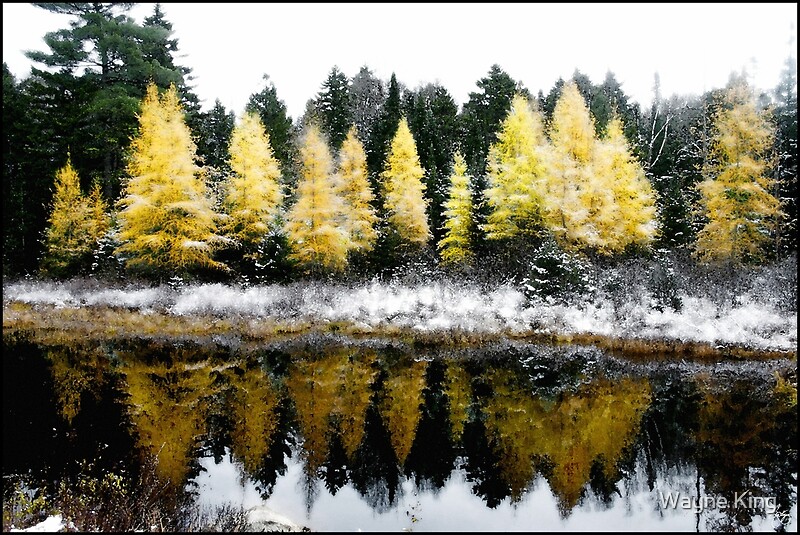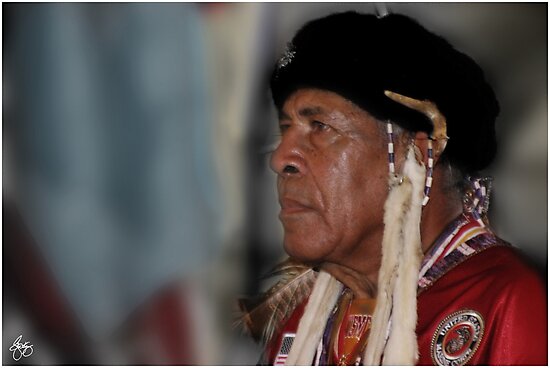In the last few months I have been thinking a lot about the values and obligations that we Americans share with one another.
In December I wrote a column that asked the question of whether GDP (also called GNP or Gross National Product) was the best way to measure American success and happiness. (InDepthNH.org - http://bit.ly/2I38p1q );
In February, I wrote a column titled "Restoring the American Voice" (InDepthNH.org http://bit.ly/2Kfuvyn) advocating the need for us all to moderate our differences by remembering and respecting those values that we all share. . . Singing the American Song together as we find our way through the sea of changes ahead.
In my March 3, 2018 column "A National American Social Dividend and a New American Paradigm" (InDepthNH.org http://bit.ly/2r1HYRB ) I suggested that we recognize an American Social Dividend. Essentially making the case that beyond the inheritance of private wealth that we have long recognized in America, that there should be a recognition of an inheritance of public wealth. A recognition of those contributions made over the centuries to the nation's wealth by those who are not in the 1%., including both the collective personal investments made (willingly or unwillingly) and the collective investments created by laws and institutions that have provided the legal and economic framework for a successful economy and a robust democracy. Those investments have played a role in the long term success of the American economy and our way of life that is every bit as important as the Plutocrat, who is able to pass along to his or her children the wealth generated during their lifetime. In fact, it could be argued that, without the robust institutions of Democracy, Capitalism - which is more of an "Operating System" than it is an ideology - could not have produced the rewards it has produced for those Plutocrats.
Now don't get me wrong. . . I am a "Capitalist" and there is nothing , in my opinion wrong with being wealthy; frankly, I wish I were. The sooner we stop denigrating people for being wealthy, or poor, the faster we will rediscover our American Voice. But the myth of the "self-made man" is just that, a myth. Behind every self-made man is an education financed by taxpayers, or a patent protected by a law and perhaps financed through a government research grant; a government infrastructure and a physical infrastructure, paid for by taxpayers at every level; or, a government guaranteed loan for a business . . . do I need to go on?
In the Column I cite just some of the ways in which, over more than two centuries, we have padded the GNP at the expense of one group or another concluding, finally that "in some way or another we are all aggrieved, we are all due reparations; we are mutually responsible for our successes and our failures and mutually entitled to an American Social Dividend paid for with the blood, sweat and tears of every American. . ."
Naturally in thinking about all this I began to wonder if there were not a way to show that both the political and economic success of our nation is grounded in the contributions and sacrifices of all Americans, even those who have been marginalized historically.
So I began to construct a series of questions that I wanted to try answering to help me better explain all this and to defend the proposition.
Here is the first question I asked myself (hey give me a break I'm Iroquois!) How does the value of the land taken from Native American people in the conquest of the US relate to GNP today?
As far as I know, no one has done extensive academic research on this topic and for good reason. It would be almost impossible - without Big Data and a powerful computer - to figure out, given differing land values and differing time tables, to say nothing of the fact that knowing when a land transaction was actually voluntary (not very often). On the other hand there is enough data out there to do a "back of the envelope" calculation generally, so here goes:
Using very rough estimates and not including the land taken from Native American people prior to 1776 and also not including improvements on the land such as the towns established in Georgia and the Carolinas by tribes like the Cherokee. It is generally understood that since 1776 Native Americans have been moved from lands totaling 1.5 Billion acres to a small set of reservations dotted around the country. If you simply use the general value of an acre of land prior to the Gold Rush ($1.25) the 1.5 Billion acres had a rough value back then of 1.9 Billion dollars. Using another rough calculation, real dollar values, we can estimate that $1.00 in the early 1800s is roughly (very roughly as we have no data related to inflation before 1913) equivalent to about $49.00 today. Since we know that no land in California today sells for $49.00 per acre (Average 2012 California farm real estate values set an all-time record - $7200 per acre) we can be sure that this is a conservative number, the value of the theft of native lands is, at a minimum $87 Billion dollars. If we use the $7,200/acre value, the value - still conservative - is 10.1 Trillion dollars. A glance at an estimate of the total value of US land is $14.48 Trillion dollars. The numbers show a surprising correlation. While about 80% of the lands of America were taken from native people after 1776, the value of that land today represents 70% of the total value of "unimproved" real estate (land only) in the US.
OK but the way we measure the wealth of our nation is not by real estate value, its by GDP. So how do we figure out what portion of the nation's wealth has been generated from lands taken from Native American people?
Well, let's try this: 18% of GDP is generated by real estate activity. 70% of 18% is 12.6%. GDP in 2016 was 18.57 Trillion. 12.6% of 18.57T is 2.32 Trillion dollars or 12.5% of 2016 US GDP generated from the 1.5 Billion acres of land taken from Native Americans since 1776.
While this is a seat of the pants calculation - I suspect the actual numbers would be higher - and certainly subject to legitimate criticism as there are many variables in the cost and value of land across the USA, the point made is the same. A large portion of national wealth has grown from the lands that we expropriated from Native American Indians.
Native people have not sought reparations. The loss of culture and marginalization for them has been far more important and can never be remunerated. It would be a step in the right direction to at least recognize that a substantial portion of our bounty today can be attributed to the land their ancestors called home.
-=-=-=-=-=-=-=-=-=-=-=-=-
If you know of better sources for the information on the back of my "envelope" I'd love to find out about them so that I can update this information. If you disagree with my points, I'd like to hear you, especially if you have a well thought out response and not just a snarky or snide remark. Lets have an honest dialog and we'll all benefit from it. wdk






